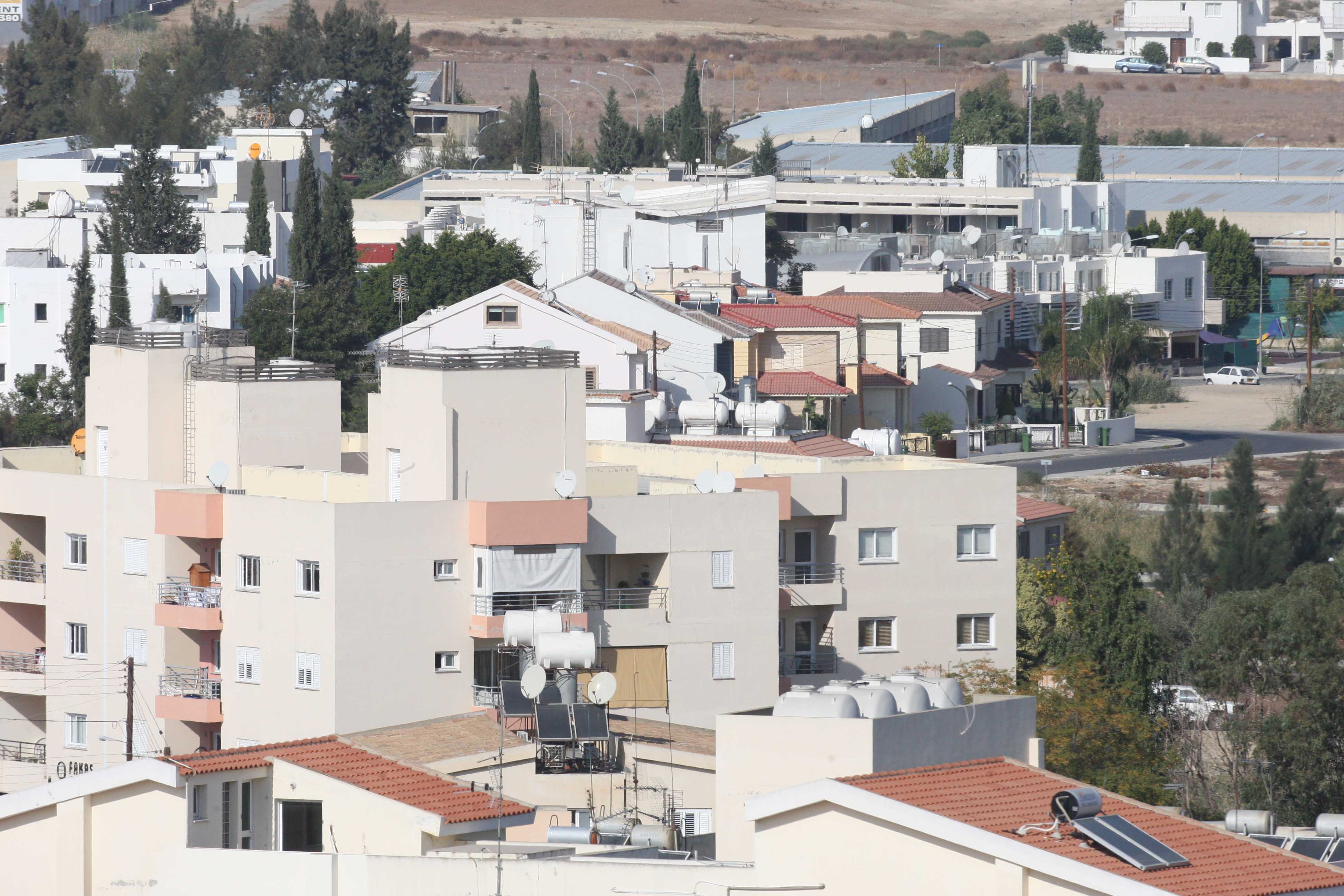The council of ministers will on Friday discuss a proposal to fast-track legalisation of properties for which it is difficult to obtain title deeds, by securing planning amnesty for certain arbitrary constructions.
The legalisation would essentially pardon planning deviations or additions to properties for owners already in possession of an initial approval permit.
The plan is expected to be greenlit and will be in effect for a six-month period, daily Politis said.
Included in the proposal is the collection of fines for the planning irregularities committed.
This money will be used to boost the state’s affordable housing fund, after 10 per cent is given to the district self-governance organisations (EOAs).
The interior ministry proposal aims at easing permits for a backlog of properties running into the thousands.
The granting of amnesty should be permissible for strict categories of small-scale constructions, chairman of the House interior committee Aristos Damianou told CyBC radio.
“As an example, a pergola or an extra bedroom in a multiple member family home cannot be treated in the same as two extra floors on a skyscraper,” he said.
“Enabling small-scale constructions to be freed-up will be helpful to [individuals] and will bring revenue to the state, and is not a problem in principle,” Damianou said.
The move comes as the newly created EOAs, entities which were created to boost efficiency and cost-savings for a host of state services (including planning permits) are increasingly being confronted with loose ends occasioned by the mammoth-scale restructure.
Problems have been emerging with the state’s digitalisation of planning permits via the Ippodamos software system, following the EOAs take-over of the procedure, Damianos said.
Financing of the EOAs is also under debate and an initial plan to return 40 per cent of the permitting revenues to the municipalities is now being reconsidered as the former are reporting a shortage of funds.
Understaffing is also an issue, which is twofold, Damianos said. On the one hand staffing needs assessments were not carried out in a timely manner, and on the other, some local authorities are refusing to transfer their staff to the EOAs.
Bi-monthly monitoring needs to be carried out by the interior ministry to determine the extent of non-compliance and oversee other challenges, Damianou said.
“The municipalities and the EOAs need to strike a balance, which has not yet been found,” he said.







Click here to change your cookie preferences